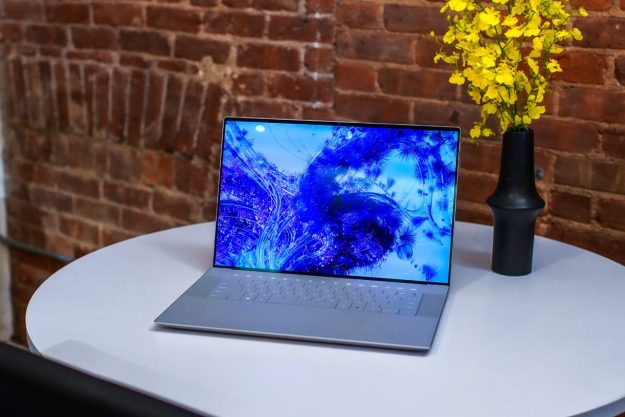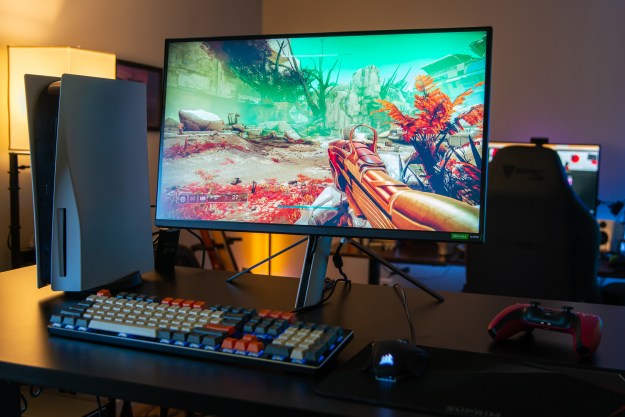At the end of 2017, the state of the virtual reality industry is becoming interesting. Although there is more content than ever before, many users still lament the lack of AAA titles and experiences and there are still far more mobile VR users than those wearing high-end, PC-based headsets like the Oculus Rift and HTC Vive. With that in mind, it makes sense that HTC is looking to release something that will occupy the middle ground.
We learned earlier this year that HTC was working with Google on a Daydream-compatible headset, and that was expected to be the stand-alone design that was teased by HTC for so long. But as TechCrunch confirms, that’s no longer happening, at least in Western markets. The question now remains whether the Vive Focus will replace it, or if this represents a refocusing of its efforts to more lucrative Asian audiences.
Wherever it ends up releasing, the HTC Vive Focus, much like the Oculus Go, appears to target that relatively untapped mid-range market segment. It features similar hardware to Oculus’ portable offering, with a built-in processor and display, though HTC claims slightly more impressive specifications. Although we don’t have key details, the Focus is said to sport a “high-resolution AMOLED” display, which could offer better contrast than the Go’s LCD panel. We’re also told that the Focus will be capable of six-degrees-of-freedom (6DOF) movement, which means some form of inside-out positional tracking.

That’s not something offered by the Go and could be a big selling point for HTC’s new headset. Being able to walk around, so-called “roomscale tracking,” was a major component of the HTC Vive’s early success against the Rift. Having the same advantage over the Oculus Go could make the Vive Focus much more popular in turn.
Both the Go and the Focus utilize onboard processing to render their visuals. While we don’t know what powers the Oculus Go, we do know that the HTC Vive Focus will sport a Qualcomm Snapdragon 835, which is a very capable mobile processor. It won’t stand up to a desktop PC’s power, but it should be enough to render some very pretty portable experiences.
The controller is not said to be tracked in the same manner as the headset, only offering three degrees of movement, but there is the potential for supporting more complex controller systems.
In terms of software, HTC hasn’t revealed what the Focus will be compatible with, but did say it could allow for social interaction with other HTC headsets, according to Engadget. With “world-scale” tracking, as HTC describes it, there’s no reason to think it couldn’t support a large part of the existing Vive library of experiences, too.
We don’t have any details on availability or pricing for the HTC Vive Focus as of yet, but it’s expected to debut somewhere around the $200 price point of the Oculus Go. As CNet points out though, it’s possible that the more capable tracking solution could support a slight price hike over the competition.
Update: Added mention of HTC Daydream headset cancellation.
Editors' Recommendations
- HTC just fixed a major shortcoming of standalone VR headsets
- Apple reportedly working on an AR headset with Vive-like controllers




